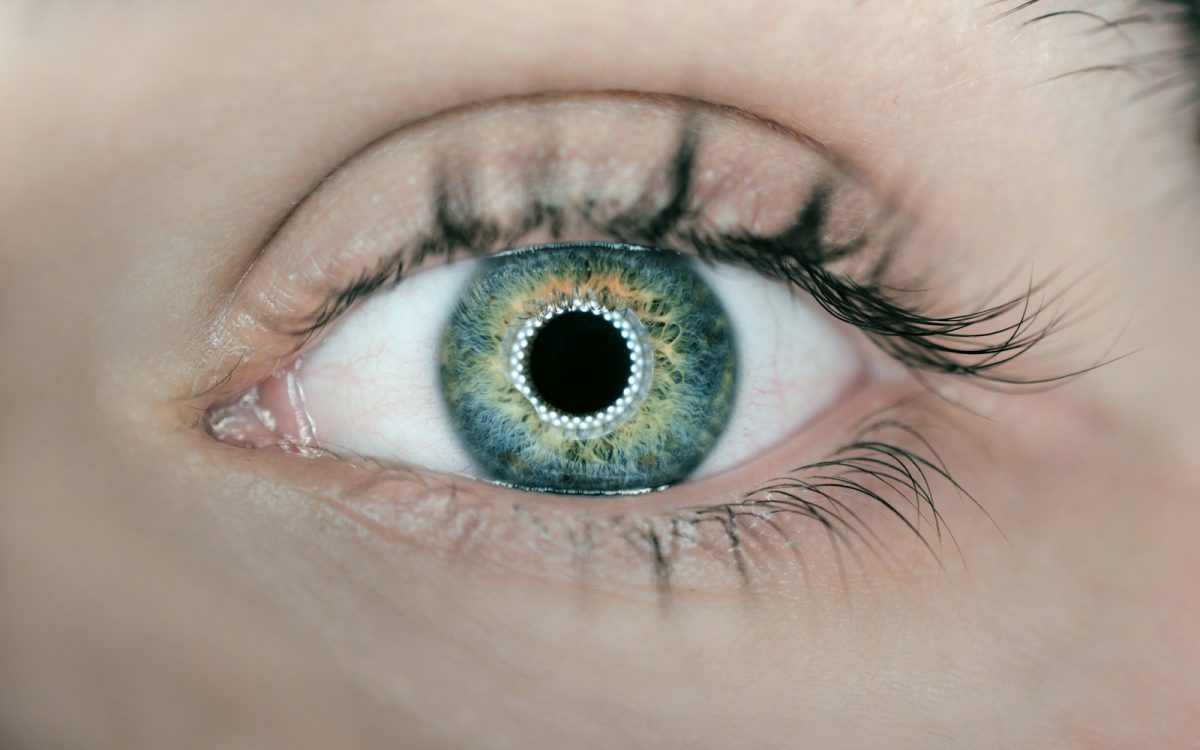Sleep and Eye Health: What to Know
Meta description: Discover the connection between sleep and eye health, including how poor rest impacts your vision and tips to improve both for optimal wellness.
We often hear about how important sleep is for our heart, brain, or immune system—but did you know that quality sleep is just as critical for maintaining good eye health? From dry eyes to blurry vision and serious eye diseases, lack of sleep can take a real toll on your eyes. In this article, we’ll explore everything you need to know about how sleep affects your eye health, signs your eyes are suffering from sleep deprivation, and expert tips on improving both your sleep and vision.
Understanding the Link Between Sleep and Eye Health
Getting a full night of rest is more than just feeling refreshed in the morning—it’s vital for your vision. Sleep allows the eyes to replenish essential nutrients, repair tissues, and produce natural lubrication that maintains eye function. When sleep is disrupted or insufficient, it can lead to several eye-related issues and long-term complications.
What Happens to Your Eyes While You Sleep?
During sleep, your body enters a state of repair and restoration. This is especially true for your eyes. Here’s what’s happening behind your closed lids:
- Tear film restoration: Eyes produce natural tears that keep the ocular surface moist, which helps prevent dry eye syndrome.
- Reduced light exposure: Your eyes get a break from artificial and natural light, helping relieve eye strain.
- Repair of ocular tissues: Cell regeneration occurs, repairing minor damage caused by contact lenses, screen exposure, and environmental stressors.
Recommended Sleep Duration for Optimum Eye Health
Most adults should aim for 7–9 hours of sleep per night. Not only does this support overall health, but it ensures that your eyes receive enough downtime to rejuvenate. People with existing eye conditions or chronic fatigue may require even more rest to maintain ocular health.
Common Eye Problems Caused by Poor Sleep
Failing to get adequate shut-eye doesn’t just leave you feeling groggy—it can manifest in noticeable eye symptoms. Here are some of the most common eye health issues linked to poor sleep:
1. Dry Eyes
One of the earliest and most common symptoms of sleep deprivation is dry eyes. Without enough sleep, your eyes produce fewer tears, leading to irritation, redness, and blurry vision. This condition is especially common among people who frequently work with screens or wear contact lenses.
2. Eye Twitching (Myokymia)
Lack of sleep can trigger involuntary muscle spasms around the eyes, known as myokymia. While typically harmless, persistent twitching can be annoying and may indicate your eyes are under stress.
3. Blurry Vision and Eye Fatigue
Prolonged sleep deprivation affects the way your eyes focus, potentially leading to transient blurry vision and increased eye strain, especially after extended screen use.
4. Increased Risk of Glaucoma
Studies show a correlation between poor sleep and an elevated risk of developing glaucoma—a condition that damages the optic nerve and can lead to vision loss. Disrupted sleep patterns, such as those seen in sleep apnea, may affect intraocular pressure, a key factor in glaucoma development.
How Sleep Disorders Affect Eye Health
Sleep disorders such as insomnia and obstructive sleep apnea (OSA) don’t just affect your quality of sleep—they can seriously compromise your eye health.
Obstructive Sleep Apnea
OSA reduces oxygen levels in the body during sleep, which can interfere with the retina’s ability to function and increase the risk of diseases like diabetic retinopathy and glaucoma.
Insomnia and Eye Fatigue
Chronic insomnia often leaves you tossing and turning all night and contributes to eye fatigue, decreased visual acuity, and longer-term visual processing issues.
Tips to Improve Both Sleep and Eye Health
The good news? You can take steps to improve your sleep and keep your eyes in tip-top shape. Here are some expert-backed tips to get started:
1. Establish a Sleep-Friendly Environment
- Keep your bedroom dark, quiet, and cool to eliminate distractions.
- Use blackout curtains or an eye mask to block out light that can disrupt melatonin production.
- Limit screen time before bed to reduce blue light exposure, which can interfere with your circadian rhythm.
2. Implement a Consistent Sleep Schedule
Going to bed and waking up at the same time every day—yes, even on weekends—helps regulate your hormone cycles, benefiting your eyesight and overall health.
3. Practice the 20-20-20 Rule
If you work on a computer or spend long hours on digital devices, practice the 20-20-20 rule to reduce eye strain:
- Every 20 minutes, look at something 20 feet away for at least 20 seconds.
4. Stay Hydrated and Eat Eye-Friendly Foods
Nutrition plays a key role in both sleep and eye function. Include foods rich in:
- Omega-3 fatty acids: Found in fish and flaxseed, to reduce dry eye risk.
- Vitamin A: Essential for night vision and overall eye health.
- Magnesium: Promotes relaxation and improves sleep quality.
5. Limit Caffeine and Alcohol Near Bedtime
Both substances can disrupt your sleep architecture, reducing REM cycles and interrupting the natural restoration process of the eyes.
When to See an Eye Specialist
If you notice persistent symptoms such as dry eyes, blurry vision, or light sensitivity—even when you think you’re getting enough sleep—it might be time to consult a professional. An optometrist or ophthalmologist can check for underlying issues and provide personalized advice.
Conclusion: Prioritize Sleep for Better Eye Health
Putting sleep and eye health at the center of your wellness routine isn’t just good advice—it’s essential. Your eyes do a lot throughout the day and need quality rest just like the rest of your body. Whether you’re trying to reduce screen-related strain, treat dry eye, or prevent long-term damage, getting better sleep is one of the simplest and best things you can do for your vision. Begin tonight—your eyes will thank you tomorrow.
Want more tips on improving your eye health and sleep? Subscribe to our newsletter for expert-backed advice delivered straight to your inbox!





